THE RISING COST OF EVERYTHING: 100 Mile Commute Exacerbates Pain of Inflation
With fuel costs remaining high in Teton County, workers who commute from bedroom communities endure extra strain
Aug. 25, 2022
By Melissa Thomasma
Special to the Wyoming Truth
Carlo Acacio strides across the garage of the nearly-completed home that his crew is building, as bare sheetrock awaits paint and hammer strikes punctuate the buzz of saws. He ducks into a mechanical room — similarly unfinished — and closes the door to escape the din.
Acacio, 47, is a site supervisor for 7Generations Construction in Jackson Hole and has worked in the always-busy but now frantically-paced local building industry for the past dozen years.
Though he has ample work in Teton County and earns $50 per hour, Acacio can’t afford to live there. Along with his wife Megan, 35, and their two children, ages 5 and 8, he travels over an hour from their home in Etna five days a week. His work requires him to drive a pickup truck, which, Acacio acknowledges with a chuckle, isn’t winning any awards for fuel economy.
Carlo Acacio, 47, and his wife Megan, 35, commute around 100 miles every day to work. Inflation and spiking gas prices have forced them to sacrifice annual summer activities, turn to online retailers and strategically manage their children’s schedules to maximize their working hours and stay afloat. (Courtesy photo from Carlo Acacio)
“For a while, we tried to drive together to save money on gas, but it was way too tough on our schedules,” Acacio recalls.
Acacio drives approximately 100 miles each day, through the winding and often-dangerous Snake River Canyon. His wife, a manager at REI, does the same, as do their children who are entering kindergarten and fourth grade in a Jackson elementary school.
“For the past couple of years, my boss has given a stipend to help with fuel costs — $220 a week — which is helpful, but as prices go up, it covers a smaller percentage,” he said.
The latest data from the U.S. Congress Joint Economic Committee indicates that while the national average price of fuel per gallon has decreased to around $3.88, Wyoming’s average remains $4.01. Teton County, with the highest average in the state, is hovering around $4.80, after peaking at $7 per gallon earlier in the summer.
“Inflation has most significantly impacted us when it comes to fuel and groceries,” Acacio said without hesitation.
Star Valley is home to one grocery store, and Acacio finds the selection and quality underwhelming, especially as his son and wife have multiple dietary restrictions.
“We usually shop in Jackson,” he said. “Prices here have always been inherently higher than other places, but with inflation, they’ve increased even more. Even if we want to, we can’t always switch to another brand or product because there are ingredients we have to avoid.” The family’s overall monthly grocery bill, Acacio estimated, has increased 15-20%.
Acacio prefers to support local businesses whenever possible. But rising prices have forced his family to shop online for back-to-school necessities, clothing and household goods.
“When it costs almost double to buy something locally, it feels like there’s no choice but to turn to places like Amazon,” he said. “Anytime we absolutely need to do that, we save at least 20%, and shipping is typically free.”
Acacio points out that a widespread switch to online retailers could pose serious consequences for small business across Wyoming, along with the state’s economy as a whole. According to the Wyoming Small Business Association, 98.9% of the state’s businesses fit into this category and employ nearly 64% of Wyoming workers.
Inflation is impacting family travel, too. During previous summers, the Acacios took an annual road trip to the Seattle area to visit relatives, but the spike in fuel prices made it impossible this year.
“We still did some camping around here — places that are close by,” he said. “We took more day trips. We did get out, but not nearly like we’ve done before. It was just too expensive.”
As the new school year begins, the Acacios carefully strategized which after-school programs they could utilize — and afford — so that neither of them would need to cut their work day short to pick up their children, thereby sacrificing income.
“We don’t have family in the area to help out, so we chose an after-school gymnastics program.” Acacio said. “It’s expensive, but with all of these other costs going up, we couldn’t afford not to do it. We just can’t let go of those extra hours at work.”
The Wyoming Truth is a nonpartisan, nonprofit news operation dedicated to helping the community and fighting for the rights of local citizens. To sign up for a free subscription, or to make a donation, please go to www.wyomingtruth.org. Other media outlets are free to run this article as long as they credit the “Wyoming Truth.” If you have any tips about this issue or others, or for more information about the Wyoming Truth, contact us at info@wyomingtruth.org.


